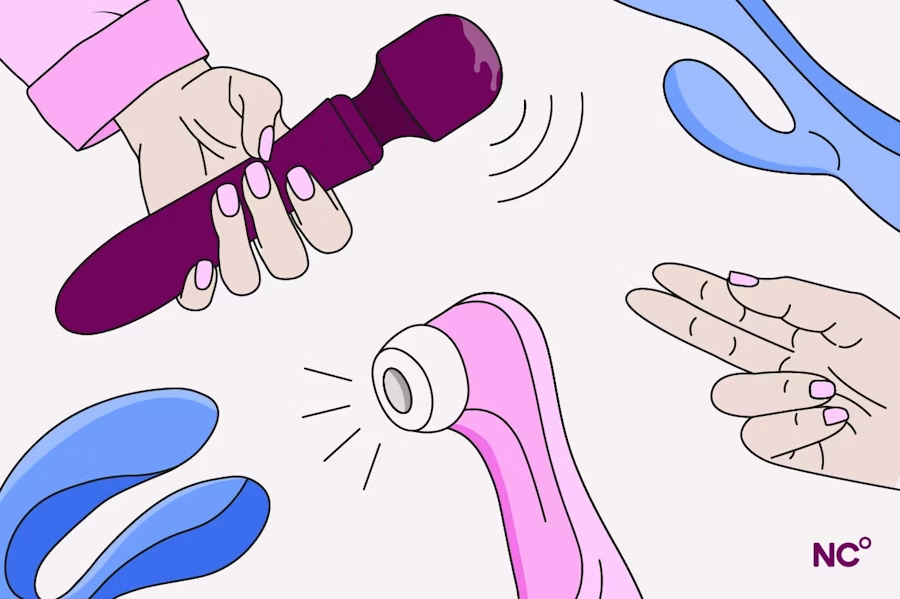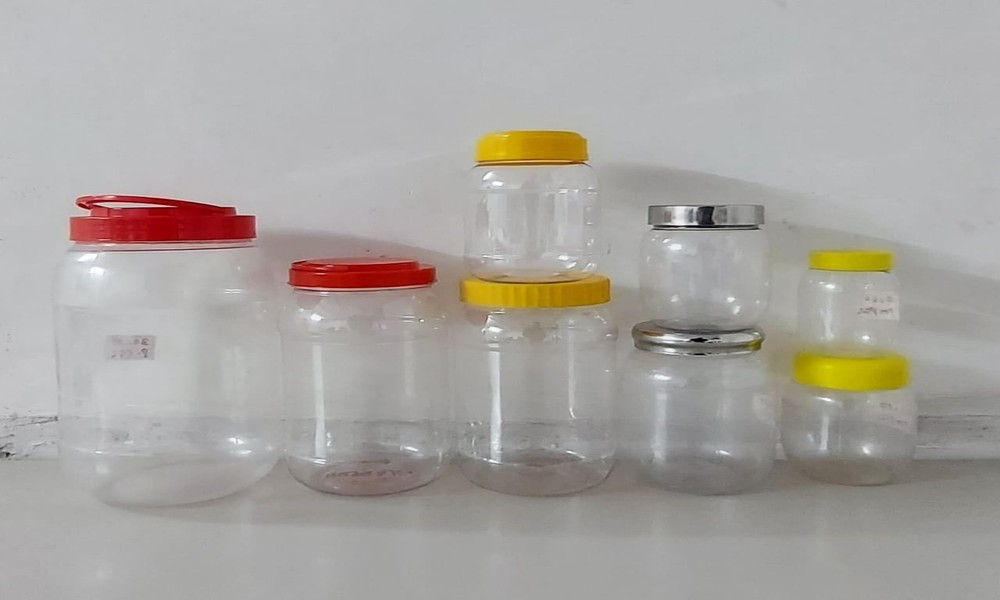MDMA, often referred to as Molly or ecstasy, is a potent substance that alters brain processes to offer temporary euphoria, while also resulting in long-term cognitive and physical consequences for the user. Research on the impact of MDMA on both the body and the brain has shown that, while there are some therapeutic benefits, it negatively affects well-being in the long term.
The immediate effects of MDMA on the human brain include mood elevation, heightened sensory awareness, and an overwhelming sense of pleasure. Consequently, it has considerable popularity among club attendees and ravers. MDMA, often used recreationally alongside alcohol and other substances, inflicts considerable harm to health, elevating individuals’ risk significantly. This blog by experts from Taylor Recovery Center, a center renowned for its expert ecstasy addiction treatment in Houston, entails more information regarding ecstasy abuse, including its effects and treatment options in Houston, TX. For more information on our addiction treatment programs and services, please contact us today.
What is Ecstasy?
Ecstasy (MDMA, or 3,4-methylenedioxymethamphetamine) refers to an amphetamine derivative exhibiting both hallucinogenic and stimulant properties. Ecstasy is mostly used in tablet or pill form, but some individuals may inhale a powdered variant or ingest the substance in a liquid format. Ecstasy is also known by several street names, including:
- Molly
- E
- X or XTC
- Adam
- Rolls
- Beans
- Lovers’ Speed
- Scooby Snacks
- Hug Drug
- Disco Biscuit
Historically, ecstasy was mostly linked to the club or rave culture; however, the recreational use of MDMA has expanded significantly in recent years. In a recent poll, over 4% of 12th-grade students in the U.S. reported that they have used ecstasy at least once in their lifetime. Some adolescents, even those in their early teens, reported experimenting with the substance. Over 1.5% of eighth graders said that they had already taken the substance. Notwithstanding contradicting data, the myth that ecstasy is a “safe” substance still persists.
What Are the Effects of Ecstasy on One’s Body and Brain?
MDMA mostly functions by releasing substantial quantities of three neurotransmitters in one’s brain: dopamine, serotonin, and norepinephrine. These hormones are essential for regulating sleep patterns, mood, digestion, pain management, and nervous system activities. Upon the diminishing of Molly’s effects, the depletion of neurotransmitters results in enduring damage to the brain’s neurons and essential physiological functioning.
Effects of Ecstasy on the Mind
The short-term effects of MDMA on one’s brain include:
- Elevated Mood and Euphoria – Intense feelings of happiness and emotional warmth.
- Increased Empathy – Enhanced emotional closeness and connection with others.
- Heightened Sensory Perception – Colors, sounds, and touch may feel more vivid or pleasurable.
- Reduced Anxiety or Inhibitions – A temporary sense of confidence and social ease.
- Increased Sexual Desire – Amplified libido and sensuality.
- Decreased Appetite – Suppressed hunger or lack of interest in food.
- Impaired Judgment and Decision-Making – A reduced ability to assess risks or consequences.
Due to the euphoric sensation, the person may exhibit increased sociability and extroversion, resulting in enhanced connections with others and the sharing of positive experiences and memories. MDMA is regarded as a “party drug” due to the pleasant feelings it induces, and it is often used at clubs and festivities. Nevertheless, the undesirable effects emerge as the “high” dissipates. These encompass:
- Fatigue
- Depression
- Anxiety
- Irritability
- Confusion
Extended use of MDMA significantly impacts cerebral function. Long-term effects of MDMA on one’s brain include:
- Memory Impairment – Difficulty with recalling information and forming new memories.
- Depression and Anxiety – Long-lasting mood disturbances due to serotonin depletion.
- Cognitive Decline – Reduced attention span, problem-solving, and thinking speed.
- Sleep Disturbances – Ongoing issues with falling or staying asleep.
- Emotional Instability – Increased irritability, mood swings, or emotional numbness.
- Impaired Impulse Control – Greater tendency toward risky or erratic behavior.
- Decreased Serotonin Production – Long-term damage to serotonin-producing neurons affecting mood regulation.
Effects of MDMA on The Body
Given that neurotransmitters govern bodily functions, a deficiency in their synthesis can adversely impact health and result in chronic difficulties. T
The short-term physical effects of MDMA include:
- Increased heart rate
- High blood pressure
- Muscle tension or jaw clenching
- Nausea
- Blurred vision
- Chills and sweating
- Dehydration
- Hyperthermia (overheating)
On the other hand, some long-term health effects of MDMA on the body include:
- Cardiovascular complications (e.g., arrhythmias, hypertension)
- Hepatic damage (including potential liver failure)
- Renal impairment due to dehydration and rhabdomyolysis
- Neurotoxicity affecting serotonin regulation and thermoregulation
- Sexual dysfunction and hormonal imbalances
- Persistent gastrointestinal distress
- Impaired immune system response
- Increased susceptibility to neurodegenerative disorders
Explore Ecstasy Addiction Treatment in Houston, TX. Partner With Taylor Recovery Center and Reclaim Your Life Today!
Professional intervention for an MDMA or ecstasy use disorder can occur in several environments. Treatment will include therapy and behavioral treatments, since there are no approved medications for MDMA addiction treatment. The suitable environment (whether inpatient or outpatient care) and therapeutic alternatives must be established based on an individual’s specific requirements. Factors to consider include:
- Severity of Addiction – Frequency, duration, and intensity of MDMA use
- Presence of Co-occurring Disorders – Mental health issues like depression or anxiety
- Support System Availability – Level of family or community support
- Medical History – Any physical health issues that may impact detox or therapy
- Daily Responsibilities – Work, school, or caregiving obligations
- Previous Treatment Attempts – History of relapse or prior rehab experience
- Preferred Treatment Environment – Comfort level with inpatient vs. outpatient care
- Personal Motivation and Readiness – Willingness to commit to recovery
Our addiction treatment center in Houston, TX, offers extensive rehab for ecstasy/MDMA addiction. Our available levels of care include:
- Medical detoxification.
- Inpatient or residential care.
- Partial hospitalization program (PHP).
- Intensive outpatient program (IOP).
- Standard outpatient program (OP).
- Aftercare
For more information on our transformative programs, rehab center amenities, and admissions procedures, please contact Taylor Recovery Center’s experts. Our personnel are accessible around the clock to address your inquiries, evaluate rehab payment alternatives, and verify your health insurance coverage for rehab services. Do not allow your addiction to limit you any further. If you or a loved one is struggling with drug misuse and is uncertain about the next steps, we are ready to assist you in obtaining the necessary treatment.














